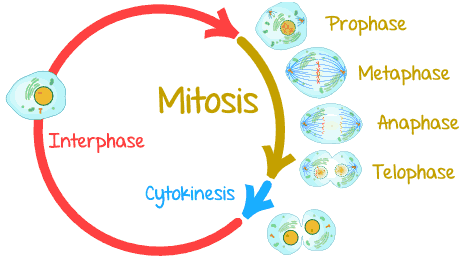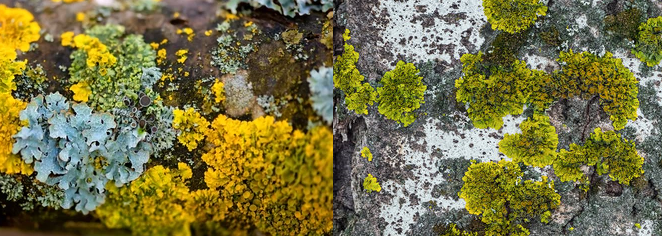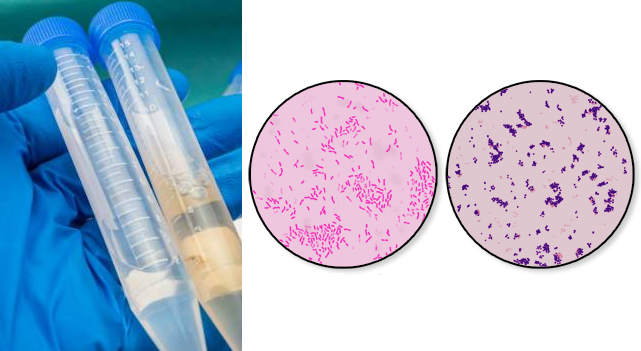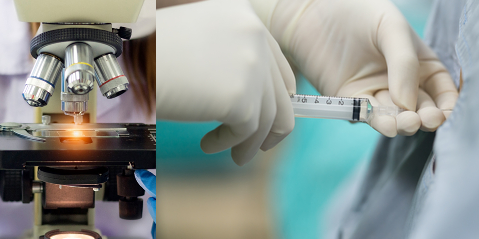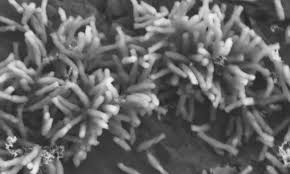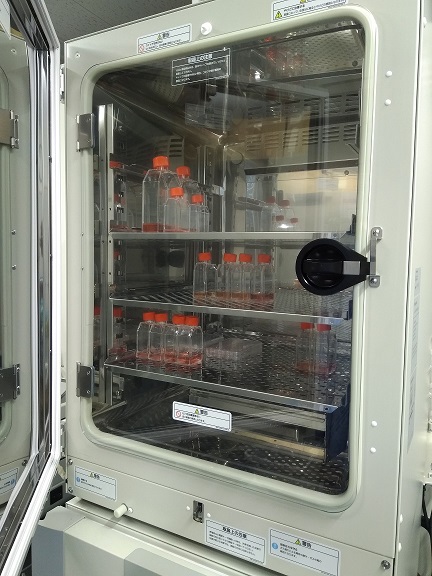Materials from the iAMR team for teaching & illustrating AMR
Are you looking for more information about Antibiotic Resistance or antimicrobial resistance (AMR)? Do you need a video or graphic to illustrate AMR to your class or share to your social media followers? Check out some of the resources in the ever-growing AMR library curated by the iAMResponsible team, which is an affiliate of the […]
Materials from the iAMR team for teaching & illustrating AMR Read More »
Antibiotic Resistance / Antimicrobial Resistance (AMR), Pharmaceutical Microbiology

